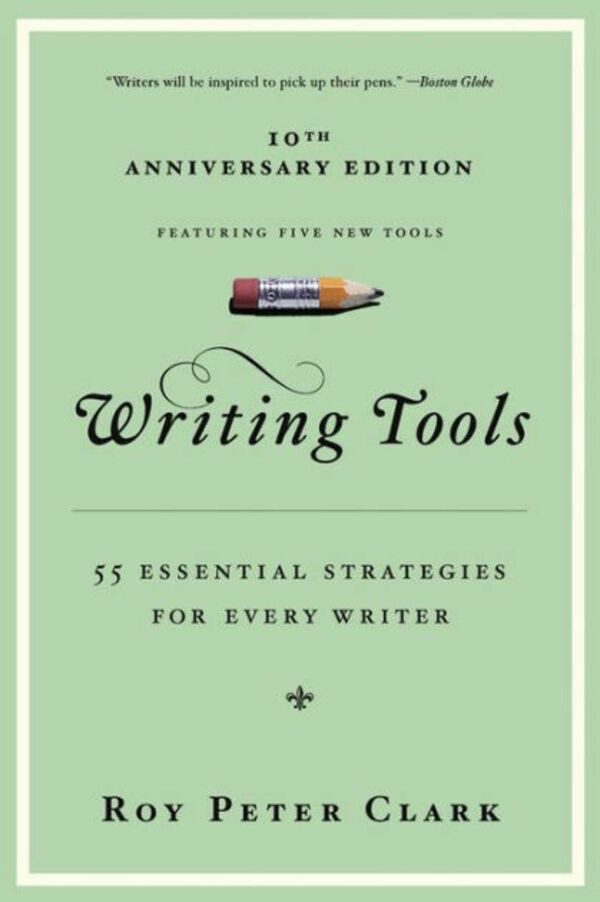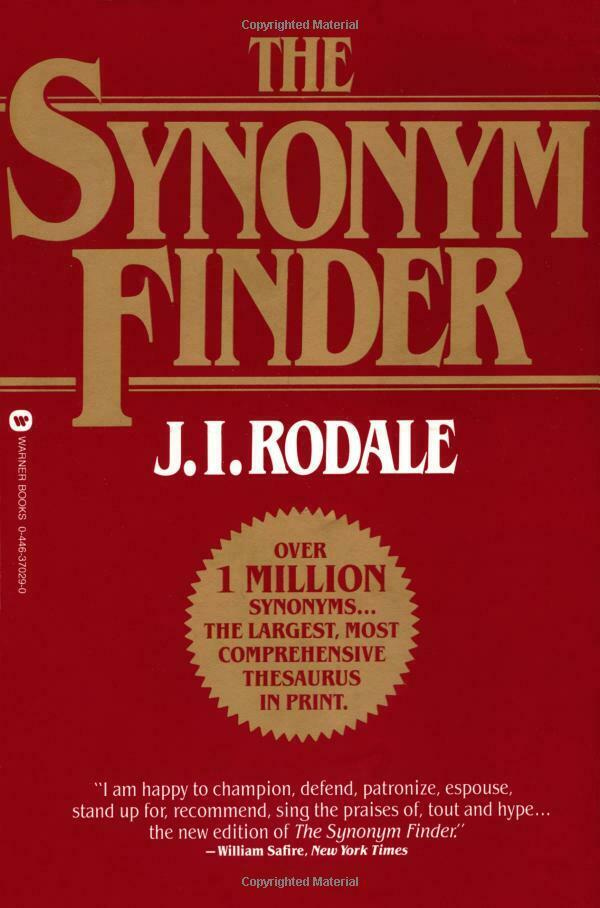Box Wine
Unoxidated wine as medicine
Cutaway view of boxed wine.
Until now I didn’t drink. Never liked the taste of beer, and wine didn’t tickle me either. Hard stuff had no appeal at all. But recently the medical benefits of wine have become so established that it’s hard to ignore. One respected study published in JAMA in December 2002 claims that not drinking at all was as bad for the heart as morbid obesity, and that moderate alcohol has health benefits equal to one hour of physical exercise a day. Take that you gym rats! And just this summer another high-profile study at Harvard published in Nature revealed that an ingredient in red wine — resveratrol — carried huge longevity effects, extending the life of yeast 60-80%.
I decided that I would take one glass of wine a day, as medicine.
Unfortunately, resveratrol is easily oxidized, disappearing within hours of opening the bottle. Since my consumption was so low, the medical effects I wanted from the wine would evaporate quickly, to say nothing of the wine’s taste. I discovered however, that boxed wine retained the freshness of wine almost indefinitely. By means of a tap on the bottom, and a collapsible bag, the wine is never exposed to air at all before it is dispensed. I can drink at a nibble and retain the goodies. Even better, the economics are impressive: about 35 cents per glass. No one should depend on my evaluation of taste, but several wine connoisseurs, including ones in the New York Times, have declared their surprise at how good the box wines are. A few upscale wines are now being package this way, too. I find the tap extremely handy to use (no drip) so the box sits on a shelf in the pantry awaiting my daily draft. Here’s to taste, longevity and the good life!
Box Wines are in supermarkets and beverage stores like Bevmo.com. The elixir of youth I am drinking:
– Almaden Burgundy Box (5 liters): $17
–
Franzia’s Cabernet Box (5 liters): $13
For those wine snobs that must drink wine from a bottle, there is one tool that can prevent oxidation in bottles fairly well. Devices that try to make a vacuum often don’t succeed for long, but an inert gas called Private Preserve can make a usable seal. A few zips of this mixture of heavy inert gases (nitrogen, carbon dioxide, argon) down the neck of the wine bottle creates a barrier to oxygen which preserves the wine’s freshness for up to a year. Each seemingly weightless can holds enough for more than 100 applications. Easy enough to use when boxed wine might embarrass the guests.More reviews:
RE: Private Preserve, Wine preserver
Private Preserve is also useful for preserving anything in bottles. I keep gallon jugs of genuine maple syrup going indefinitely with Private Preserve (or some lookalike).
–Stewart Brand
10/6/03Oenophilia Private Preserve Wine Preserver $9









